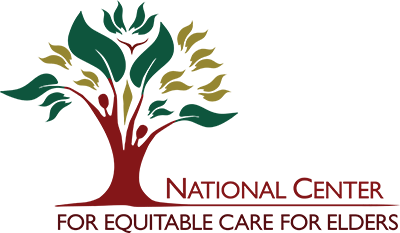Nov 17, 2020 02:00 PM in Eastern Time (US and Canada)
Description
This is the last of four webinars in our Fall 2020 Diabetes in Special & Vulnerable Populations: A National Learning Series.
After this webinar, participants will be able to:
1. Understand the principles of high-quality team-based, patient centered care for diabetes control
2. Be able to define the unique challenges of the coordination and success of team-based patient care during the COVID-19 pandemic
3. Consider implementation of promising practices for team-based care in the time of COVID-19
NTTAP Collaborating Partners:
- Corporation for Supportive Housing (CSH)
- National Health Care for the Homeless Council (NHCHC)
- National LGBTQIA+ Health Education Center
- National Network for Oral Health Access (NNOHA)
Visit diabetes.aapcho.org for resources from our Spring 2020 series!
Background:
Diabetes affects more than 34 million people in the United States. Multi-tiered efforts to prevent, treat and manage diabetes are critical in reducing the burden of diabetes, particularly for special and vulnerable populations, which have unique characteristics that affect culturally and linguistically competent health care access and utilization. According to 2018 Uniform Data System (UDS), diabetes poses a unique challenge for the HRSA Health Center Program because 1 of 7 patients has diabetes and nearly 1 in 3 of those has uncontrolled diabetes.
To elevate the national conversation around diabetes, 14 National Training and Technical Assistance Partner (NTTAP) organizations formed the Special and Vulnerable Populations Diabetes Task Force to engage health centers, Primary Care Associations (PCAs), and Health Center Controlled Networks (HCCNs) to increase knowledge of effective strategies that address diabetes among people experiencing homelessness, residents of public housing, migratory and seasonal agricultural workers, school-aged children, older adults, Asian Americans, Native Hawaiians and Pacific Islanders, LGBTQIA+ people, and other health center patients.
To access resources and register for a recording of this webinar please visit here
